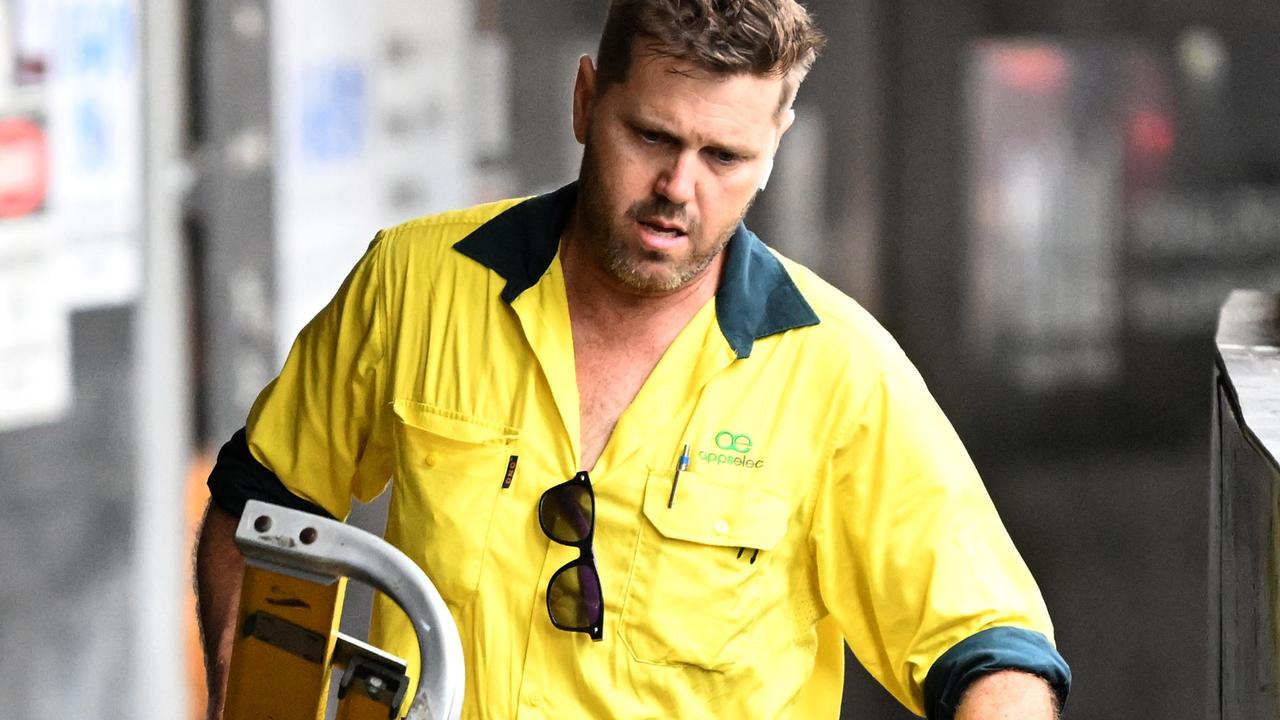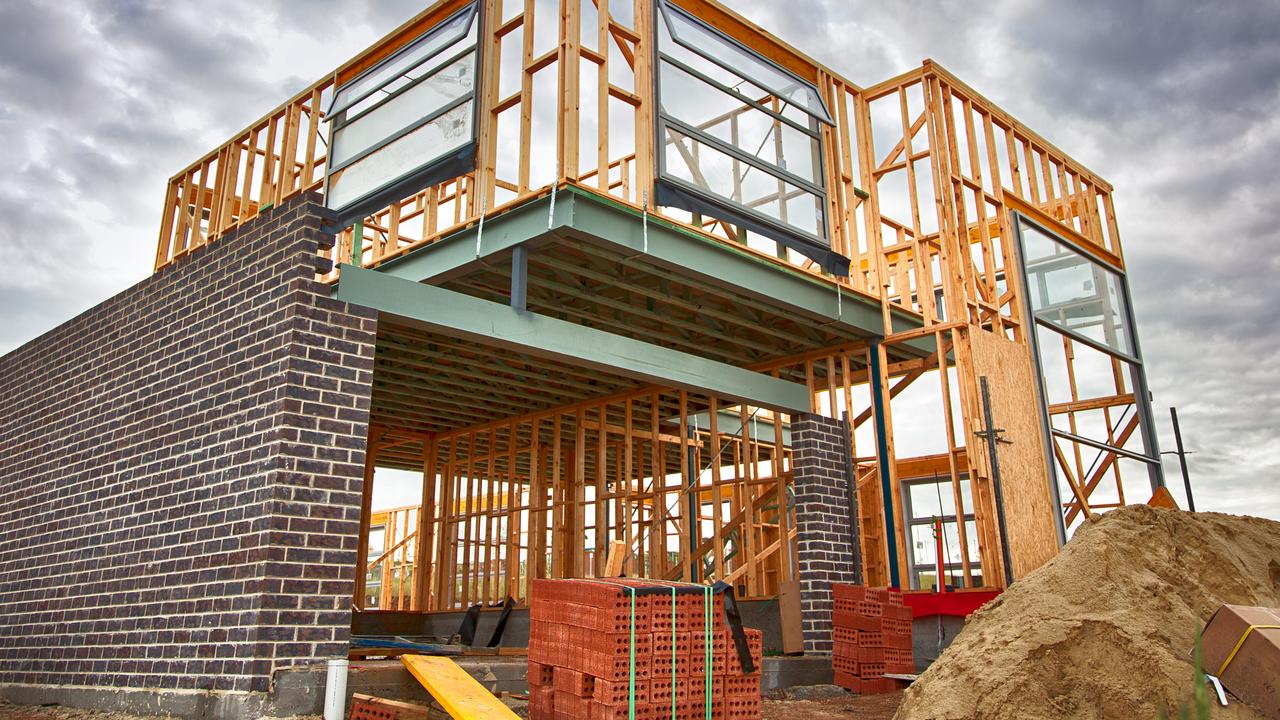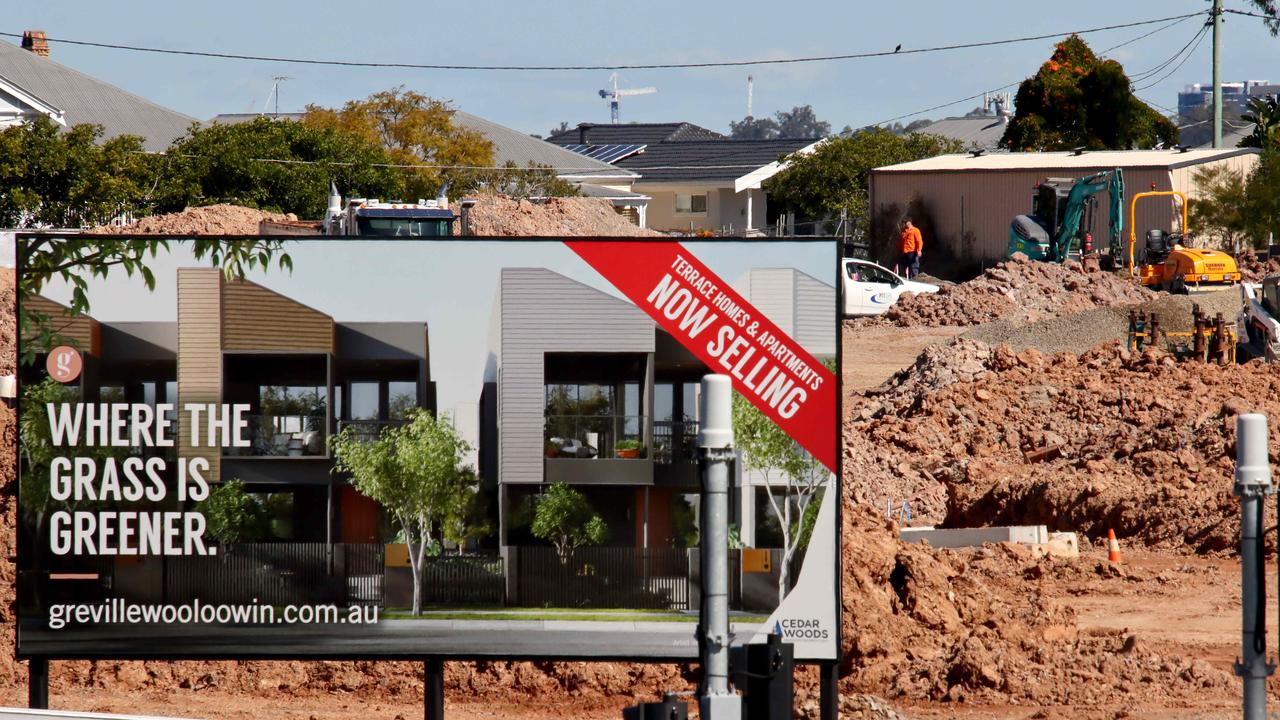It’s no secret there has been a “massive rise” in Australian companies collapsing but new findings show they have skyrocketed by a whopping 50 per cent since April.
The construction industry has faced a particular crisis with dozens of firms going under this year, but everything from billion dollar tech starts up to grocery delivery companies have become casualties of this “disturbing trend”.
Overall, companies going into external administration are up 46 per cent year-on-year, while court actions are up 54 per cent year-on-year, the latest data from credit reporting agency CreditorWatch found.
The huge jump has been blamed on interest rate rises causing “cheap money” to dry up, while spooked investors are pulling back on spending their cash on start-ups as valuations have taken a dramatic dive, with a slew of staff cuts battering the sector .
Meanwhile many businesses are already suffering depleted cash reserves as a result of the pandemic and the Australian Taxation Office (ATO) has ramped up its debt collection, according to the agency.
‘Ramping up legal action’
CreditorWatch has issued a chilling warning that the rise in business insolvencies will continue this year as multiple impacts batter the economy including ongoing supply chain issues, declining consumer confidence, rising interest rates, inflation and labor shortages.
CreditorWatch chief executive Patrick Coghlan said the hands-off approach to debt collection adopted by the ATO and many lenders during the pandemic is clearly over.
“The massive rise in external administrations is certainly a disturbing trend – now up 50 per cent since April. Our data shows that court actions are back to pre-Covid levels and the ATO has also stated that it is ramping up legal action for outstanding debts,” he said.
“With business and consumer confidence declining and inflation and interest rates on the rise, this doesn’t bode well for businesses, particularly small and medium enterprises whose cash reserves were depleted during the pandemic and are now operating on much tighter margins.”
No longer ‘awash with cash’
Aussie start-ups have been particularly hard hit, with the casualties piling up in the tech sector.
The latest was an Australian tech company called Metigy, which left staff “shell-shocked” by its sudden collapse last week, after it planned to raise money with a valuation of $1 billion.
Businesses that are trying to raise money for growth are particularly at risk in the current environment, added CreditorWatch chief economist Anneke Thompson.
“When interest rates were low and the world was awash with cash, investors were hungry for investment opportunities, and willing to move up the risk curve to find good returns,” she said.
“Now that cash is being consumed by ever-increasing prices and debt costs a lot more, the appetite for risk is dropping.
“Start-up businesses or those in the growth phase are always considered riskier. We have already seen this phenomenon hit the tech sector, and many well-known companies are being repriced to reflect this.”
Other recently failed Australian start-ups include grocery delivery service Send, which went into liquidation at the end of May, after the company spent $11 million in eight months to stay afloat.
There was also a Victorian food delivery company that styled itself as a rival to UberEats and Deliveroo that collapsed in July as it became unprofitable, despite making more than $6 million worth of deliveries since it launched in 2017 and had 18,000 customers.
Meanwhile Australia’s first ever neobank founded in 2017, Volt Bank, went under last month with 140 staff losing their jobs, while 6000 customers were told to urgently withdraw their funds.
A venture capital firm issued a sobering message about the state of Australia’s start-up industry, warning that more new companies would go bust and pulling back on funding as a result.
CreditorWatch also identified five regions where businesses are most at risk of going under with the suburbs of Merrylands, Canterbury and Auburn in NSW on the list, alongside Surfers Paradise and Ormeau in Queensland.
Construction collapses to continue
After four consecutive months of increases to interest rates and inflation continuing to rise, it is now clear that a slowdown in demand in many industries is inevitable, added Ms Thompson.
She said construction companies will continue to be impacted by late payments and reduced demand, particularly smaller operators.
The most recent company impacted was Melbourne-based Blint Builder which collapsed this week with approximately $1 million in outstanding debt owed to 50 creditors, according to the liquidators.
It joined smaller operators like Hotondo Homes Horsham, which was based in Victoria and a franchisee of a national construction firm – which collapsed in July affecting 11 homeowners with $1.2 million in outstanding debt.
It was the second Hotondo Homes franchisee to go under this year, with its Hobart branch collapsing in January owing $1.3 million to creditors, according to a report from liquidator Revive Financial.
Others include two major Australian construction companies, Gold Coast-based Condev and industry giant Probuild, which went into liquidation earlier this year.
There was also Norris Construction Group, which was in Geelong, collapsed in March with $27 million in debt. It owes $3.2 million to around 140 staff that it is unlikely to be able to repay, according to the liquidator’s report.
Meanwhile, Snowdon Developments was ordered into liquidation by the Supreme Court with 52 staff members, 550 homes and more than 250 creditors owed just under $18 million, although it was partially bought out less than 24 hours after going bust.
Other casualties this year include Inside Out Construction, Solido Builders, Waterford Homes, Affordable Modular Homes and Statement Builders.
.



